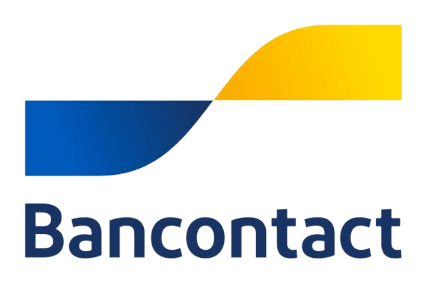Since Google launch in 1998, SEO has been focused almost entirely on their search engine. Yahoo (launched in 1994) was left behind very soon and other competitors struggled to come up. Google and online search has been such an easy and familiar association for so many years that it actually became a verb itself: «let me google this».
Things start changing in May 2009, when Microsoft launched its own search engine, Bing. Thanks to Microsoft semantic capacity (that they actually bought from Powerset in 2008) and integration with the Microsoft ecosystem (Internet Explorer, MSN, etc.), Bing is slowly yet steadily increasing its market share.
According to Statista.com, 81.95% of desktop searches have been performed in Google, as of the first quarter of 2024. Bing comes second with 10.51%, Yahoo third with 2.67%. Google therefore competes mainly with Bing and Yahoo, which are actually pretty much the same thing. They made a partnership in July 2009, which means Bing is powering Yahoo search and their advertisers share both paid search results and display network. So Bing + Yahoo own roughly 15% of the searches performed every day.
Can you afford to consistently ignore 15% of your potential customers? Probably not. But there’s more. Here are 7 reasons why you shouldn’t ignore Bing in your SEO efforts.
1. Demography
Google users and Bing users (and Yahoo users, too) are different. You can’t disregard Bing or Yahoo if your buyer personas of your actual visitors match their users. For example, most of Bing users are older; above 55. How to find out your targeted demography? Simply go to your Google Analytics (GA4) or CMS, and compare profiles of your website users by referring domain (Google, Bing and Yahoo).
2. Get ahead of competition
With so many SEO-specialists trying to optimize for Google for almost 20 years, that search engine market is extremely competitive. You can easily gain a leadership position in Bing search, as most of the businesses do not spend time on it. And Bing is still bringing 15% of worldwide searches every day.
3. Bing is tied to Microsoft products
Every internet browser has its own default search engine, and Internet Explorer’s one is obviously Bing. A lot of people don’t bother changing default settings and keep using Bing. Also, Bing shows up in MSN homepage, and gets 20% of its traffic from there. As a consequence, if you are a heavy Microsoft user, (like most of the employees around the globe using the Microsoft Office suite) you are pushed to use Bing.
4. Bing is increasing market share
Bing market share is steadily increasing, and it is due to grow even more in the future.
In December 2014, along with a product update, Mozilla announced that default search engine for Firefox has been changed from Google to Yahoo. Firefox searches performed through Yahoo jumped from 9.6% to 29.4% overnight. With millions of users updating their Firefox worldwide, Yahoo (therefore Bing) share will increase. The above idea of people not bothering to change the default search engine applies here. In 2024, this trend seems to continue, with Statista.com showing a growing market share for Bing in the first quarter.
5. Relying on a single provider is never good
Google’s updates can change the SERP landscape drastically from one day to another, and every SEO specialist is heavily reliant on this. What if the next update of Google algorithm will penalize you? Bing optimization will assure you a solid Plan B while you fix your issues with Google.
6. Bing is easier to optimize for
While Google is proudly overprotecting its algorithm and ranking factors, Bing is more open to share. You’ll find great tools and support in the Bing Webmasters Tools Help Page and the Official Bing Webmaster Blog. And, knowing how it works, it will be easier for you to optimize your website for Bing.
Bing relies very much on MSN, and pages connected to Microsoft’s portal are highly evaluated. You might find a page linking MSN before another page with a more pertinent content but not linking in MSN. So if you want to optimize for Bing, hyperlink Microsoft domains in your page will help.
7. Bing offers a better integration of organic and paid search
Compared to Google, Bing relies more on verbatim and word-by-word association. Google, meanwhile, has taken the route of a more holistic search algorithm, trying to interpreting the content more than look for specific terms. As a consequence, setting up a PPC or Display campaign in Bing is easier than in Google. Bing logic steadily relies on terms, which get on well with paid advertising. You can easily optimize your site for Bing and – at the same time – run effective PPC campaigns for the same keywords.
In summary, Google is by far the leader in the search engine landscape, but you can’t overlook Bing, which is steadily growing, especially in the US Market, in combination with Yahoo. Bing optimization is reasonably easy. On one side because their algorithm is simpler compared to Google (relying very heavily on verbatim), and on the other side because Microsoft search engine is very generous in terms of support for webmasters.
So why not taking advantage and get ahead of your competition in Bing?








